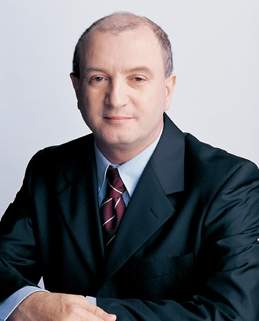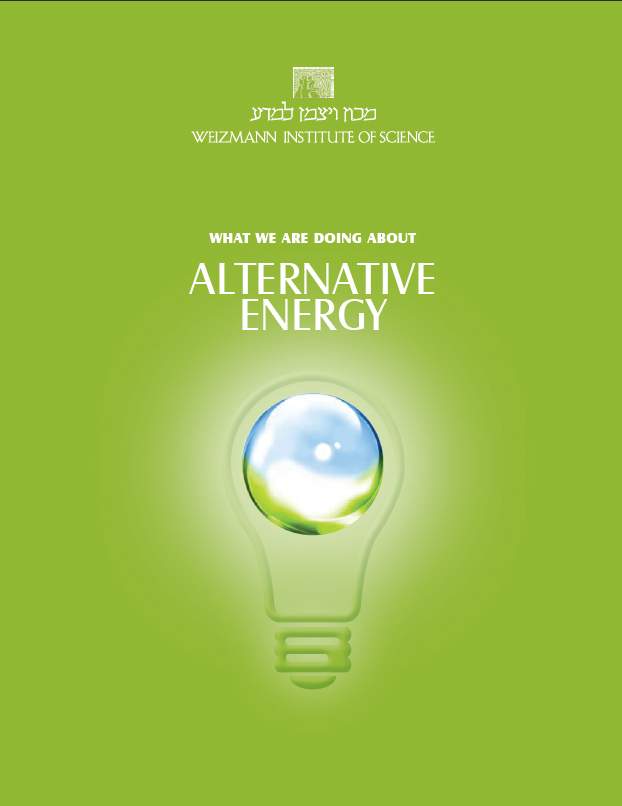
It is for this reason that the Weizmann Institute initiated the Alternative Sustainable Energy Research Initiative (AERI). The time is ripe for encouraging a significant expansion of Weizmann research efforts to bring about the scientific and technological advances that will help keep our planet livable – not just for our generation, but for our children and grandchildren, and their children and grandchildren. This is the first time we are reaching out to and marshaling the brain power, time and effort of so many scientists in so many different fields to help us meet the challenge.
AERI, headed by Prof. David Cahen, and supported by Mr. and Mrs. Yossie Hollander, Israel, and the Mary and Tom Beck-Canadian Center for Alternative Energy Research, differs from other similar research programs, partly due to the unique character of the Weizmann Institute. Original thinking that incorporates knowledge and experience from a wide variety of scientific disciplines is especially crucial to achievements in this complex field, and the Weizmann Institute, where multi- and interdisciplinary research are the norm rather than the exception, is thus the ideal setting for true innovation. In addition, AERI taps into the Institute’s enduring emphasis on basic research and scientific freedom. Few of the research projects detailed here will be in tomorrow’s news. Although some of them are likely to make headlines ten, twenty or more years in the future, it is impossible today to predict what those groundbreaking insights and inventions will be. The Weizmann approach is based on decades of experience: Pioneering inventions and methods based on Institute discoveries started out as basic research. New discoveries and inventions (as well as any resulting technologies) that are revolutionary – rather than evolutionary – begin with the asking of fundamental questions, the willingness to go out on a limb and try something that hasn’t been done before, was not asked or questioned before. They often involve attempts to push the envelope of the possible. For this reason, AERI emphasizes support for projects that are unlikely to receive funding from other, competitive sources, and it also allows unprecedented flexibility in the length of the funding period.
Just as important is AERI’s dedication to alternative energy education. The initiative’s educational efforts target students, as well as scientists working in the field and the general public. Ultimately, we hope that these efforts will also influence business leaders, policymakers and consumers. Without broad public support, the fundamental scientific research that is needed, the ”oxygen” that will make it possible to meet the challenge, cannot be done – at least not in the way that future generations deserve.






















